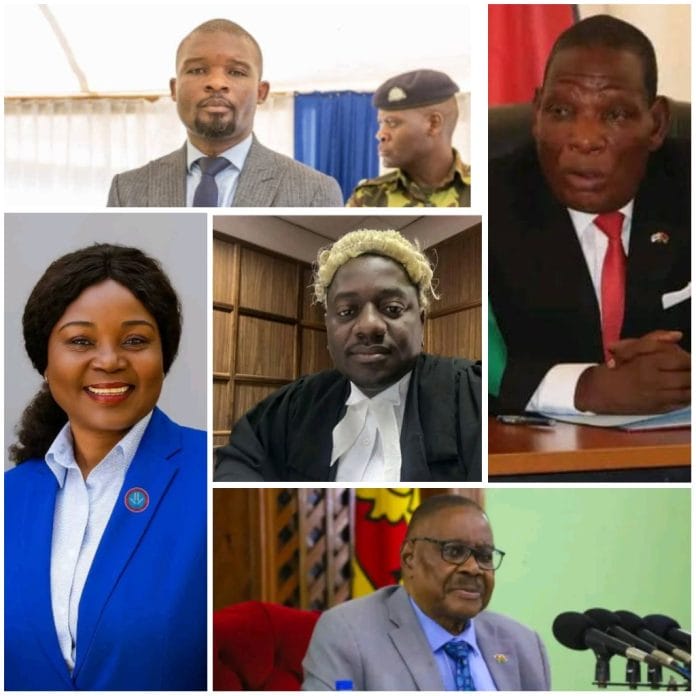Malawians have currently expressed a series of criticisms or concerns regarding the actions and decisions of Malawi President Arthur Peter Mutharika (APM).
Firstly, Mutharika’s ad hoc approach to cabinet appointments during a significant economic crisis has been criticized for being inconsistent and ineffective.
For instance, at the time of fuel scarcity, APM took a long time to appoint the Minister of Energy, Jean Mathanga.
Secondly, the appointment of individuals with allegations of crime and corruption, such as Alfred Gangata, Enoch Chihana, and Richard Luhanga, has raised concerns about governance and integrity.
Unfortunately, there is another school of thought that such appointments may propagate the corruption culture thereby creating a conflict of interest.
Furthermore , there have been complaints regarding the lack of proper procedures in the appointments of key positions, such as the Director General of the Malawi Revenue Authority (MRA) and the Anti-Corruption Bureau (ACB).
Some have contended that the acting Director General of MRA should have been chosen from within the organization, even without the involvement of the board.
Additionally, the process of selecting the Director General of ACB was not properly followed by APM. It should have included merit-based interviews for potential candidates, with the ultimate decision of appointment resting with the president.
Unfortunately, Mutharika has also been accused of favoring the Lhomwe tribe in public office appointments, leading to claims of tribalism and lack of inclusivity in governance.
This is against the background that Mutharika was evenly voted into power across all regions and tribes of Malawi.
Some critics have questioned Mutharika’s absence at the military fallen heroes ceremony as exhibiting a lack of respect and commitment to the nation and its armed forces.
It is therefore unfortunate that the ongoing shortages of essential commodities such as fuel, food, foreign exchange, water, and electricity have been a significant concern for the populace, reflecting poorly on Mutharika’s leadership.
Although it is premature to make a final assessment of Mutharika’s administration, the government has not provided any concrete explanation or proposed solutions for the current predicaments.
Lastly, Mutharika’s warnings against holding constitutional demonstrations have been interpreted as an attempt to suppress dissent and limit citizens’ rights to protest.
In conclusion, these listed factors represent a variety of concerns about Mutharika’s leadership that have been currently brought up in public discussions.
It is important for the Mutharika administration to promptly address these criticisms in order to maintain the public’s confidence in his leadership.
Discover more from The Maravi Post
Subscribe to get the latest posts sent to your email.



